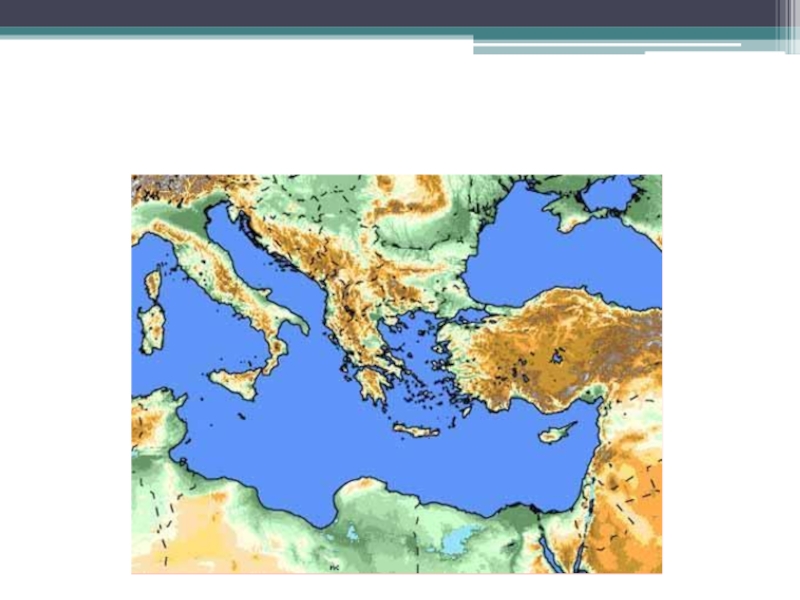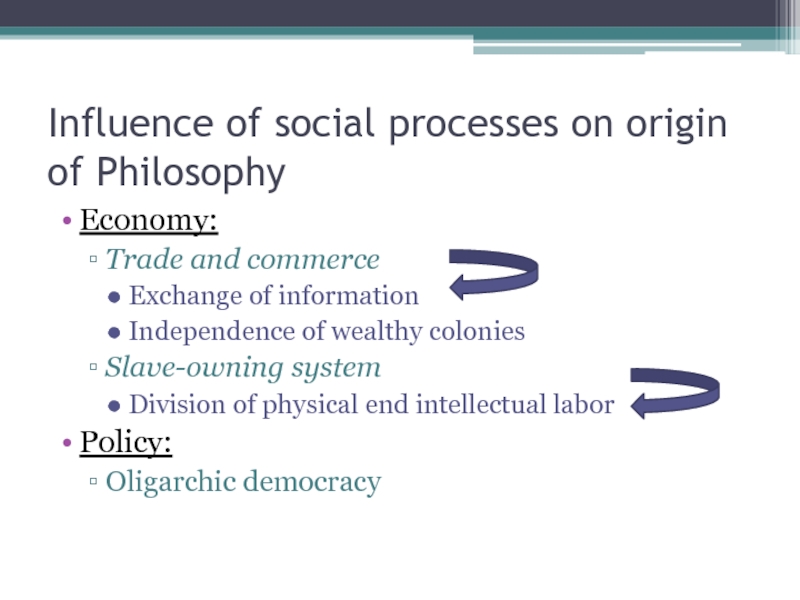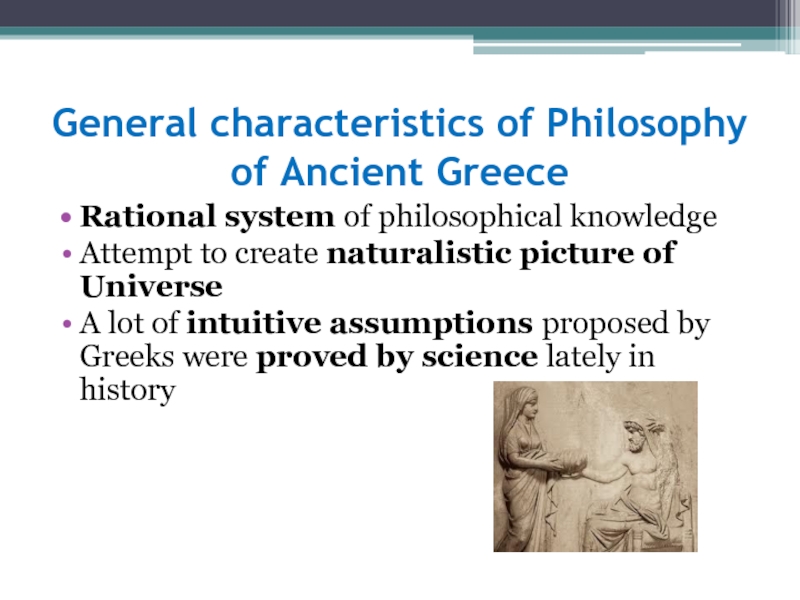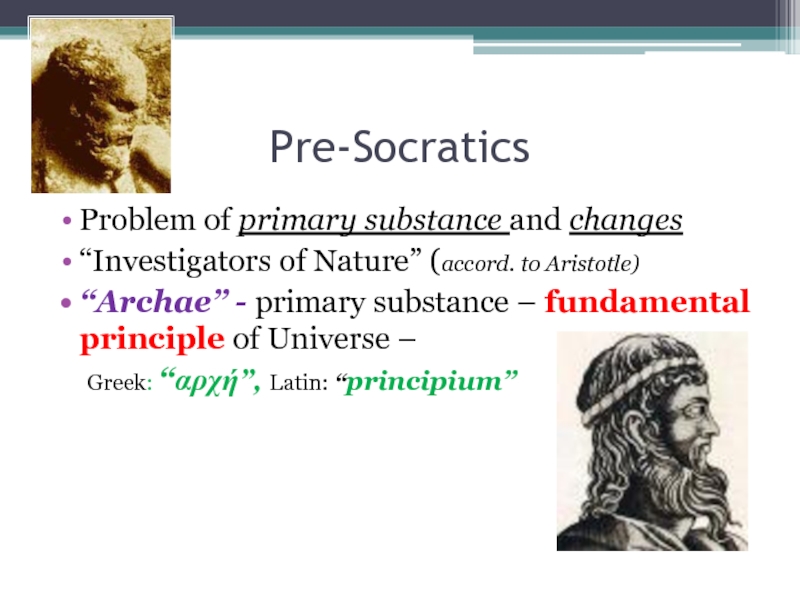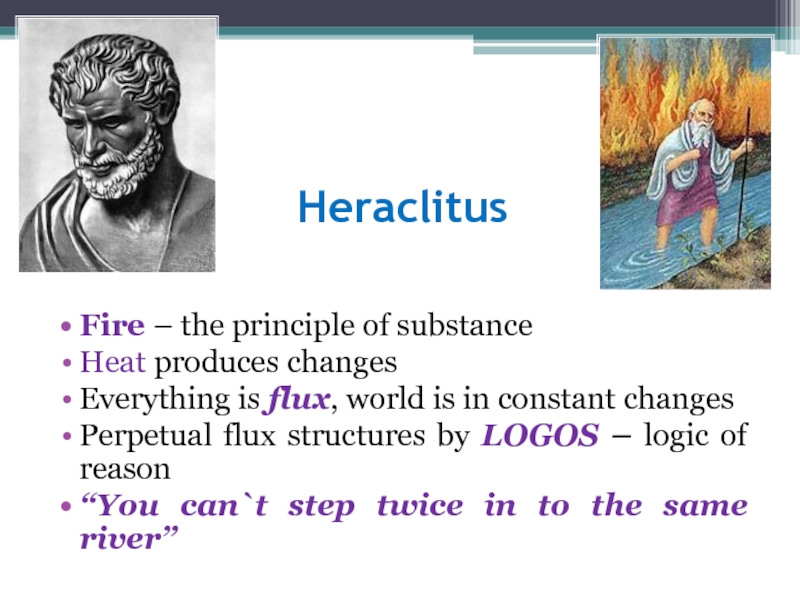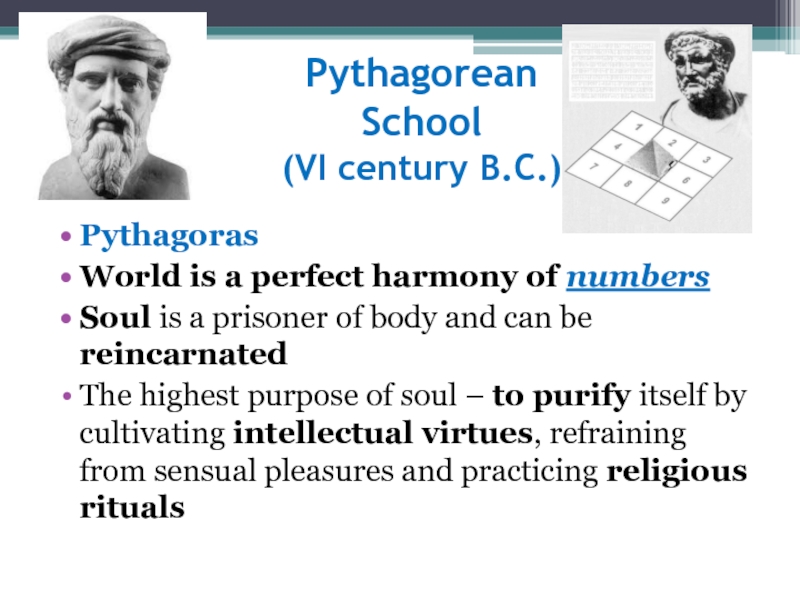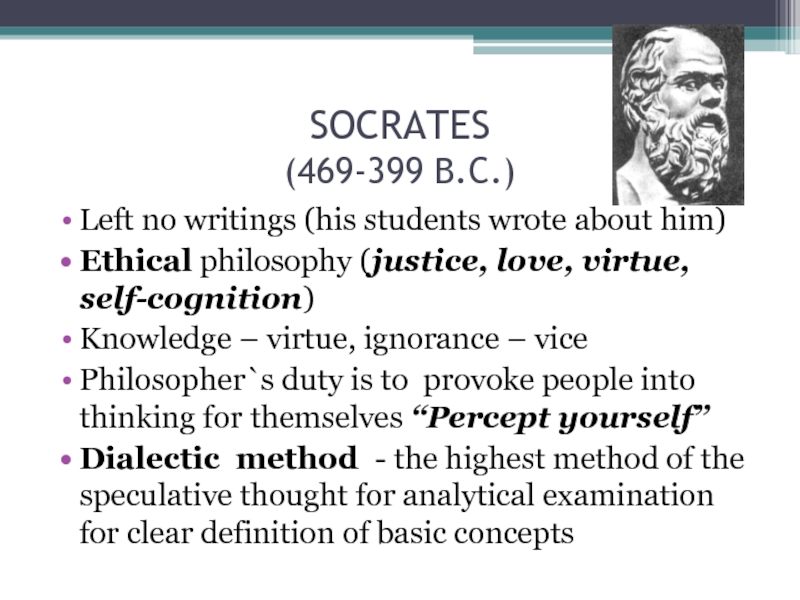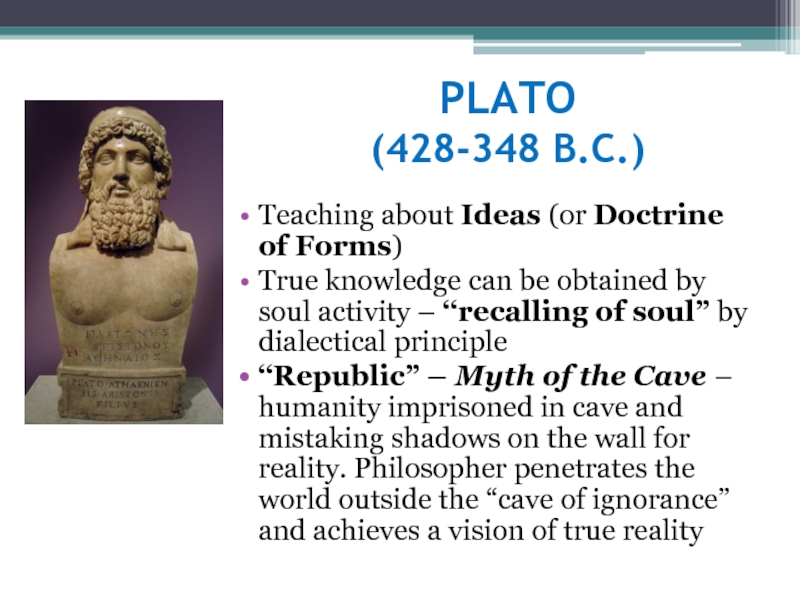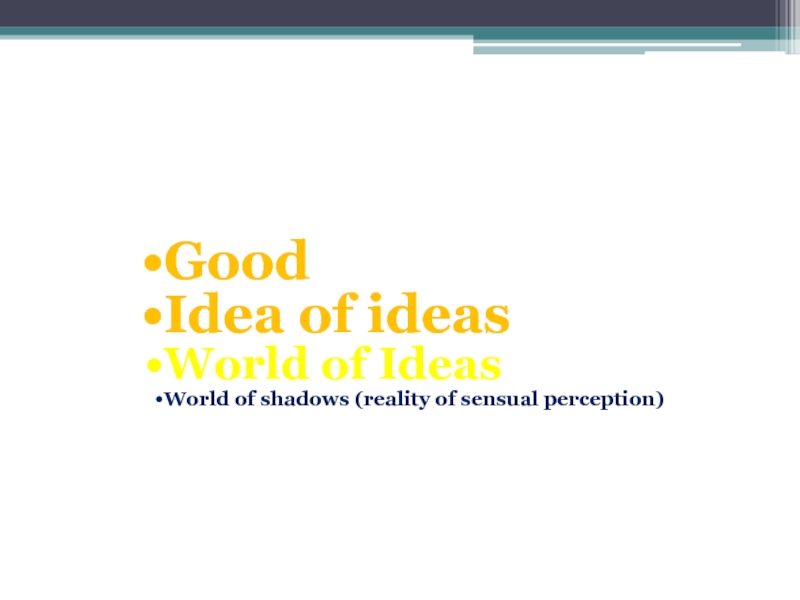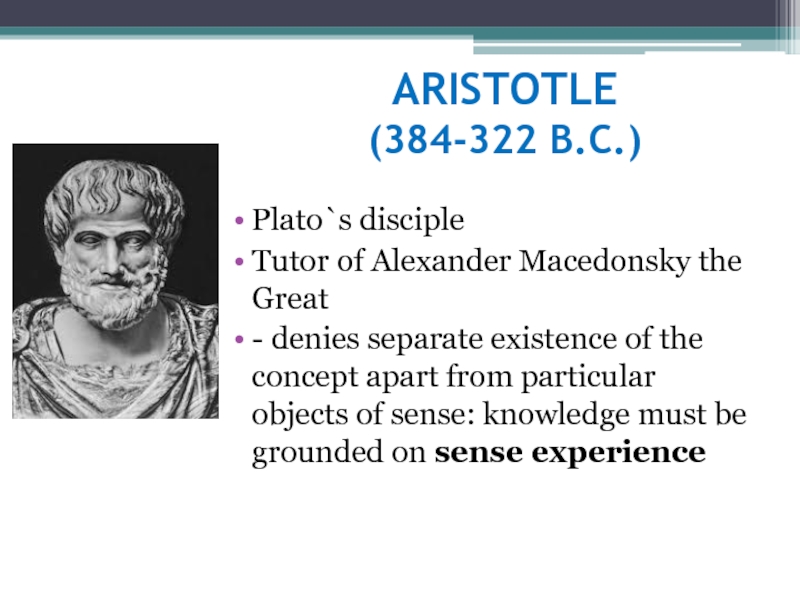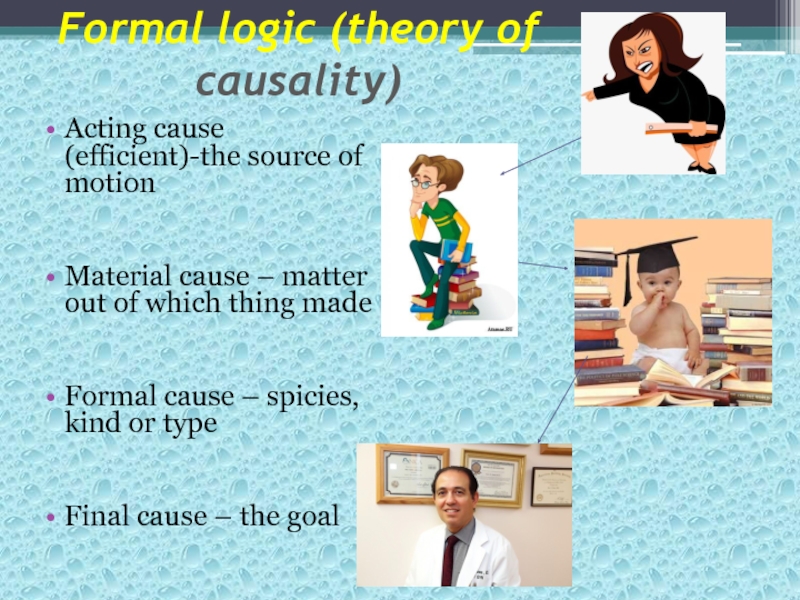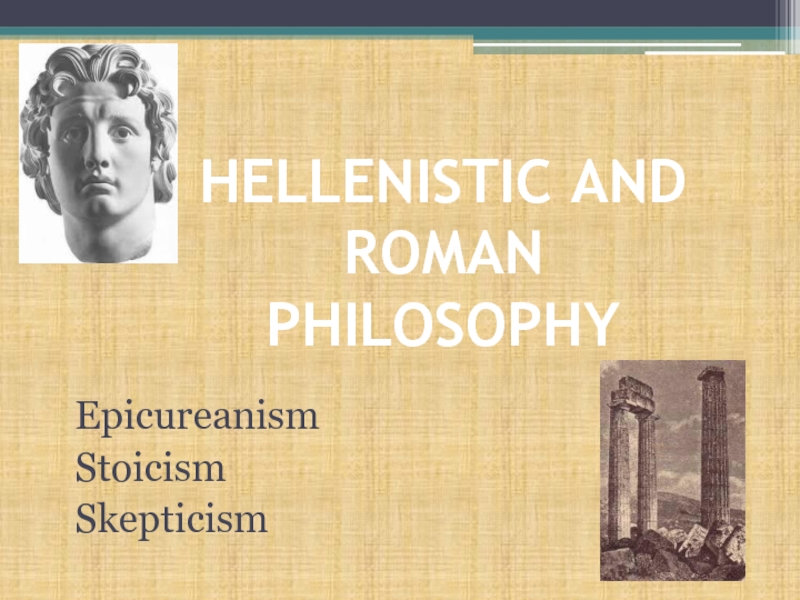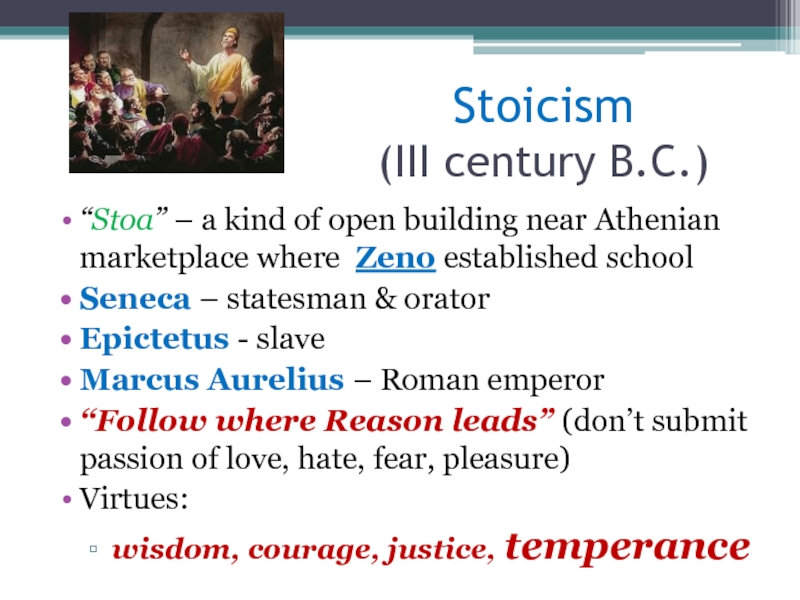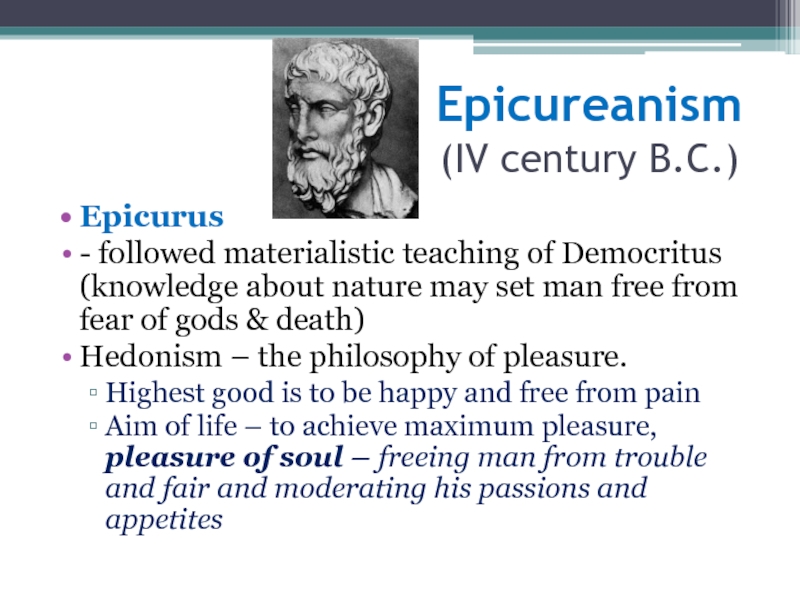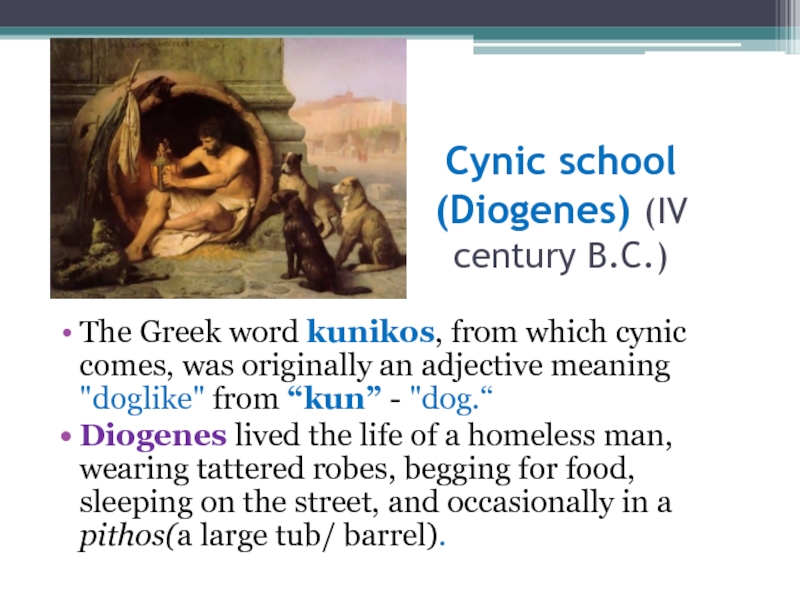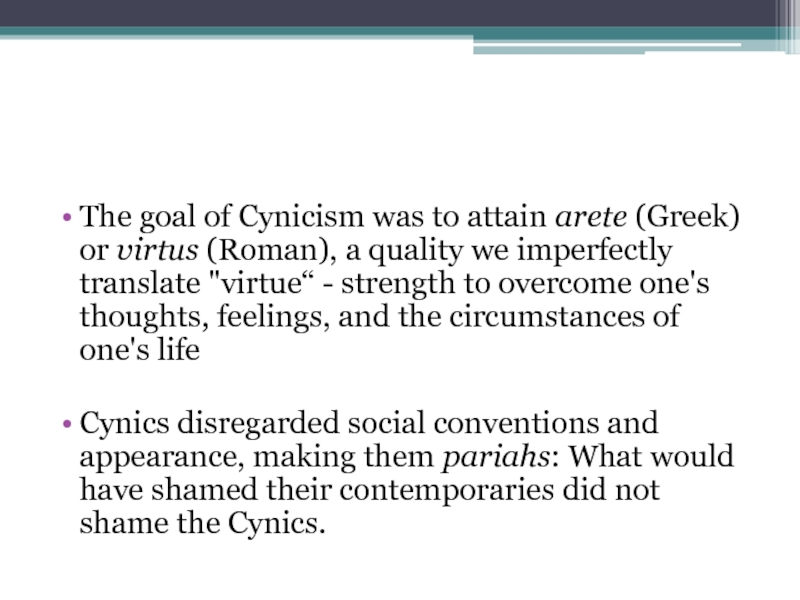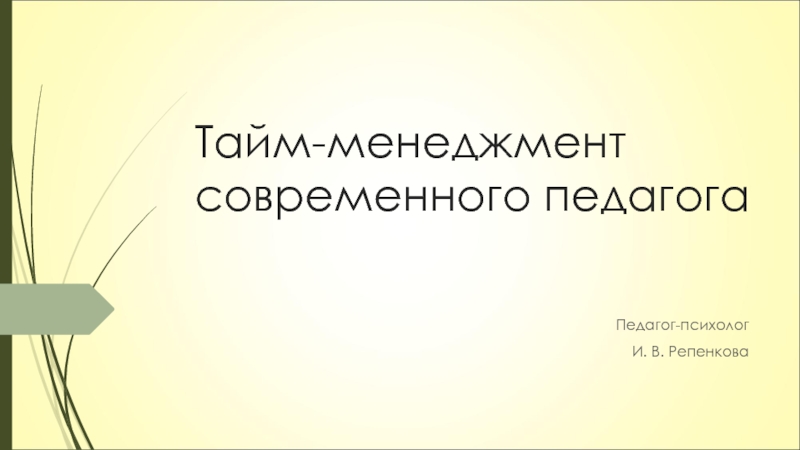- Главная
- Разное
- Дизайн
- Бизнес и предпринимательство
- Аналитика
- Образование
- Развлечения
- Красота и здоровье
- Финансы
- Государство
- Путешествия
- Спорт
- Недвижимость
- Армия
- Графика
- Культурология
- Еда и кулинария
- Лингвистика
- Английский язык
- Астрономия
- Алгебра
- Биология
- География
- Детские презентации
- Информатика
- История
- Литература
- Маркетинг
- Математика
- Медицина
- Менеджмент
- Музыка
- МХК
- Немецкий язык
- ОБЖ
- Обществознание
- Окружающий мир
- Педагогика
- Русский язык
- Технология
- Физика
- Философия
- Химия
- Шаблоны, картинки для презентаций
- Экология
- Экономика
- Юриспруденция
Philosophy of ancient greece презентация
Содержание
- 1. Philosophy of ancient greece
- 3. Influence of social processes on origin of
- 4. General characteristics of Philosophy of Ancient Greece
- 5. Pre-Socratics Problem of primary substance and
- 6. Heraclitus Fire – the
- 7. Pythagorean School (VI century B.C.)
- 8. ATOMISTS (Leucippus & Democritus) (V century
- 9. SOCRATES (469-399 B.C.) Left no writings
- 10. PLATO (428-348 B.C.) Teaching about Ideas
- 11. Good Idea of ideas World of Ideas World of shadows (reality of sensual perception)
- 12. ARISTOTLE (384-322 B.C.) Plato`s disciple Tutor
- 13. Formal logic (theory of causality) Acting
- 14. HELLENISTIC AND ROMAN PHILOSOPHY Epicureanism Stoicism Skepticism
- 15. Stoicism (III century B.C.) “Stoa” –
- 16. Epicureanism (IV century B.C.) Epicurus -
- 17. Cynic school (Diogenes) (IV century B.C.) The
- 18. The goal of Cynicism was to attain
- 19. Thank you! by Natalya Spitsa
Слайд 1PHILOSOPHY OF ANCIENT GREECE
Pre-Socratics Philosophy
Socratic Philosophy
Plato
Aristotle
Roman-Hellenistic Philosophy
by Spitsa N.V.
Слайд 3Influence of social processes on origin of Philosophy
Economy:
Trade and
commerce
Exchange of information
Independence of wealthy colonies
Slave-owning system
Division of physical end intellectual labor
Policy:
Oligarchic democracy
Exchange of information
Independence of wealthy colonies
Slave-owning system
Division of physical end intellectual labor
Policy:
Oligarchic democracy
Слайд 4General characteristics of Philosophy of Ancient Greece
Rational system of philosophical knowledge
Attempt
to create naturalistic picture of Universe
A lot of intuitive assumptions proposed by Greeks were proved by science lately in history
A lot of intuitive assumptions proposed by Greeks were proved by science lately in history
Слайд 5Pre-Socratics
Problem of primary substance and changes
“Investigators of Nature” (accord. to
Aristotle)
“Archae” - primary substance – fundamental principle of Universe –
Greek: “αρχή”, Latin: “principium”
“Archae” - primary substance – fundamental principle of Universe –
Greek: “αρχή”, Latin: “principium”
Слайд 6
Heraclitus
Fire – the principle of substance
Heat produces changes
Everything is flux, world
is in constant changes
Perpetual flux structures by LOGOS – logic of reason
“You can`t step twice in to the same river”
Perpetual flux structures by LOGOS – logic of reason
“You can`t step twice in to the same river”
Слайд 7Pythagorean
School
(VI century B.C.)
Pythagoras
World is a perfect harmony of numbers
Soul is a prisoner of body and can be reincarnated
The highest purpose of soul – to purify itself by cultivating intellectual virtues, refraining from sensual pleasures and practicing religious rituals
Слайд 8ATOMISTS
(Leucippus & Democritus)
(V century B.C.)
Atoms – small primary bodies, uncuttuble
(indivisible), imperishable , distinguished by size, shape & weight.
Atoms = existence
Emptiness =non-existence
Atoms = existence
Emptiness =non-existence
Слайд 9SOCRATES
(469-399 B.C.)
Left no writings (his students wrote about him)
Ethical philosophy
(justice, love, virtue, self-cognition)
Knowledge – virtue, ignorance – vice
Philosopher`s duty is to provoke people into thinking for themselves “Percept yourself”
Dialectic method - the highest method of the speculative thought for analytical examination for clear definition of basic concepts
Knowledge – virtue, ignorance – vice
Philosopher`s duty is to provoke people into thinking for themselves “Percept yourself”
Dialectic method - the highest method of the speculative thought for analytical examination for clear definition of basic concepts
Слайд 10PLATO
(428-348 B.C.)
Teaching about Ideas (or Doctrine of Forms)
True knowledge can
be obtained by soul activity – “recalling of soul” by dialectical principle
“Republic” – Myth of the Cave – humanity imprisoned in cave and mistaking shadows on the wall for reality. Philosopher penetrates the world outside the “cave of ignorance” and achieves a vision of true reality
“Republic” – Myth of the Cave – humanity imprisoned in cave and mistaking shadows on the wall for reality. Philosopher penetrates the world outside the “cave of ignorance” and achieves a vision of true reality
Слайд 12ARISTOTLE
(384-322 B.C.)
Plato`s disciple
Tutor of Alexander Macedonsky the Great
- denies separate
existence of the concept apart from particular objects of sense: knowledge must be grounded on sense experience
Слайд 13Formal logic (theory of causality)
Acting cause (efficient)-the source of motion
Material cause
– matter out of which thing made
Formal cause – spicies, kind or type
Final cause – the goal
Formal cause – spicies, kind or type
Final cause – the goal
Слайд 15Stoicism
(III century B.C.)
“Stoa” – a kind of open building near
Athenian marketplace where Zeno established school
Seneca – statesman & orator
Epictetus - slave
Marcus Aurelius – Roman emperor
“Follow where Reason leads” (don’t submit passion of love, hate, fear, pleasure)
Virtues:
wisdom, courage, justice, temperance
Seneca – statesman & orator
Epictetus - slave
Marcus Aurelius – Roman emperor
“Follow where Reason leads” (don’t submit passion of love, hate, fear, pleasure)
Virtues:
wisdom, courage, justice, temperance
Слайд 16Epicureanism
(IV century B.C.)
Epicurus
- followed materialistic teaching of Democritus (knowledge about
nature may set man free from fear of gods & death)
Hedonism – the philosophy of pleasure.
Highest good is to be happy and free from pain
Aim of life – to achieve maximum pleasure, pleasure of soul – freeing man from trouble and fair and moderating his passions and appetites
Hedonism – the philosophy of pleasure.
Highest good is to be happy and free from pain
Aim of life – to achieve maximum pleasure, pleasure of soul – freeing man from trouble and fair and moderating his passions and appetites
Слайд 17Cynic school
(Diogenes) (IV century B.C.)
The Greek word kunikos, from which cynic
comes, was originally an adjective meaning "doglike" from “kun” - "dog.“
Diogenes lived the life of a homeless man, wearing tattered robes, begging for food, sleeping on the street, and occasionally in a pithos(a large tub/ barrel).
Diogenes lived the life of a homeless man, wearing tattered robes, begging for food, sleeping on the street, and occasionally in a pithos(a large tub/ barrel).
Слайд 18The goal of Cynicism was to attain arete (Greek) or virtus
(Roman), a quality we imperfectly translate "virtue“ - strength to overcome one's thoughts, feelings, and the circumstances of one's life
Cynics disregarded social conventions and appearance, making them pariahs: What would have shamed their contemporaries did not shame the Cynics.
Cynics disregarded social conventions and appearance, making them pariahs: What would have shamed their contemporaries did not shame the Cynics.

